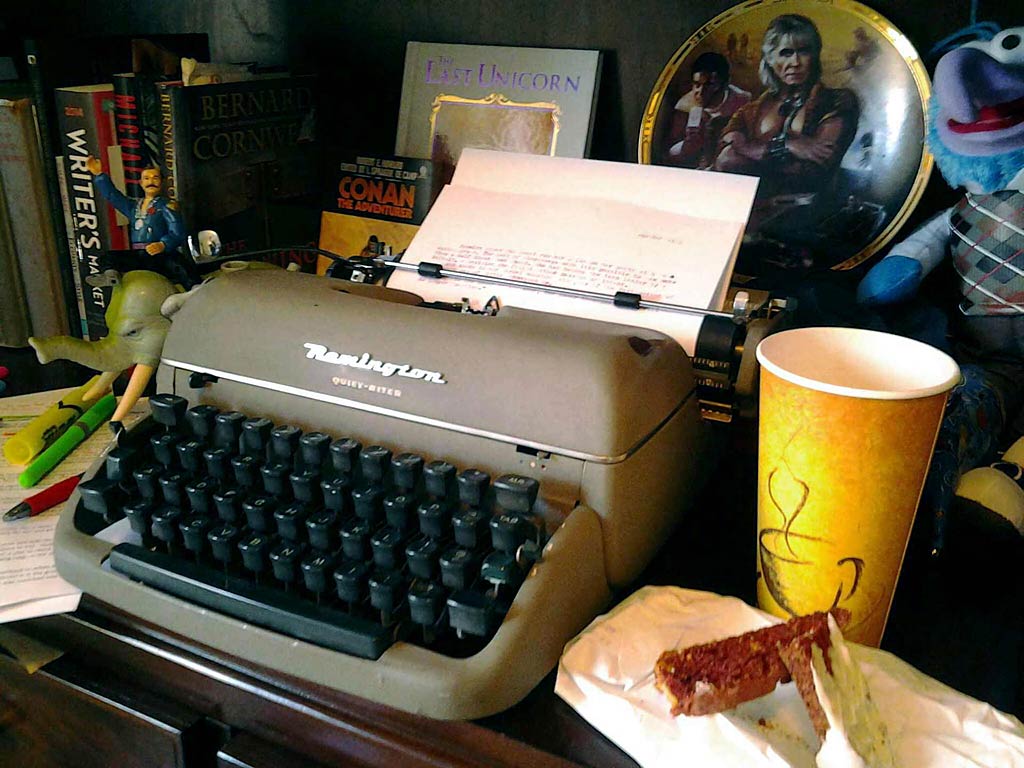So you’ve read Scene Selection and Narrative Drive and have a good understanding of which scenes stop narrative drive dead in its tracks…
You understand that comics are a highlight reel, a glimpse into a much larger narrative.
They’re not about using visual real estate to tell a story, they’re about MAXIMIZING visual real estate to tell a story.
You realize you can get away with a weak scene in novel fiction, because it hides within the other 350 pages of narrative. Or you might be able to get away with a weak scene in a movie, because movement, actor performances, and audio compensate for a brief faux pas (see Works in the Movies, not in Comics).
You’ve fully embraced the mantra, “enter late, leave early” and have killed your continuity panels.
You’re on board the “all comic real estate works; no loafers allowed” train. Even quiet scenes must be potent. Or more plainly put…
Weak scenes have no place in comics.
You know all this, and the scenes you’ve selected, get your story from start to finish… But you’re STILL not quite sure you’ve chosen the best ones and are maximizing your real estate for all it’s worth. So how can you be sure?
Try this.
Think of every scene in your comic as “an excerpt from a much longer moment in time”.
Can you take every scene you’ve chosen and extend it (adding content to its start, end or anywhere between), in your mind’s eye, to fill an entire issue? Does each scene have the emotional energy, drama, movement, action, or is otherwise engaging enough to be drawn out into a much longer scene?
If it doesn’t have enough “oomph” (technical writing term) to work long, than it’s most likely falling short even when it is short.
Of course, this exercise is a bit abstract.
You may have a scene who’s sole purpose is to drop some information or setup a situation that simply doesn’t have legs for 22 pages, but is still vital to the story. Don’t be fooled. Scenes that don’t hold up longer term, will be few and far between, maybe at most 25% of all the scenes in your book.
The rest of them should be so damned entertaining and engaging, you could write the $!%@ outta them.
I know the thought of extending all your scenes to 22 pages may sound crazy… trust me… and try it.
Pay attention to the scenes that work when you extend them and directly compare/contrast them to the ones that don’t. You may just have a “Sokath, his eyes uncovered” moment. ▪
About the Author —
Nick Macari is a full-time freelance story consultant, developmental editor and writer, working primarily in the independent gaming and comic markets. His first published comic appeared on shelves via Diamond in the late 90’s. Today you can find his comic work on comixology, amazon and in select stores around the U.S. Visit NickMacari.com for social media contacts and news on his latest releases.
